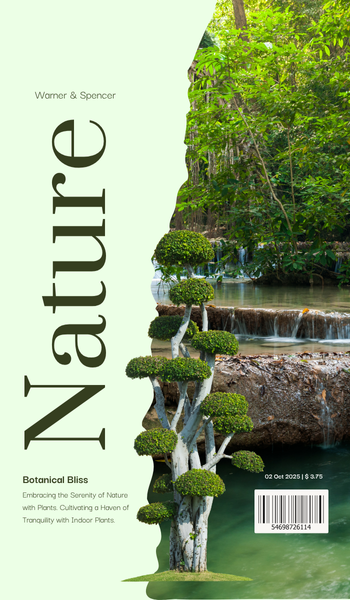BINGA DISTRICT, Zimbabwe (BG) — In the heart of Zimbabwe’s drought-stricken Binga district, resilience is a daily reality.
For families facing the country’s worst drought in decades, survival often depends on lifelines like those provided by the Zimbabwe Red Cross Society.
With the support of the International Federation of Red Cross and Red Crescent Societies (IFRC), these innitiatives offer immediate relief and a vision for long-term resilience.
A Meal That Changes Lives
For children in Binga’s hardest-hit areas, hunger has long been a barrier to education, forcing many to skip school, drop out, or struggle to concentrate in class.
A school-feeding program supported by the Zimbabwe Red Cross Society is breaking the cycle, delivering a daily serving of fortified porridge to over 12,000 students across 11 primary schools.
“We’ve seen remarkable improvements,” says a teacher at Siasundu Primary School, where attendance has soared and dropouts have decreased.
“Attendance has increased, dropouts have decreased, and the children are far more attentive in class. It’s truly making a difference in their lives,” she said.
The program, implemented in partnership with government ministries and aligned with UNICEF (United Nations Children’s Fund) and World Food Programme dietary guidelines, provides a balanced meal of corn and soybeans.
For many students, it is their only meal of the day, offering them the nourishment they need to grow and learn.
A Lifeline for Families
The reach of the Zimbabwe Red Cross Society extends beyond schools. Vulnerable families like that of 67-year-old Esnathi Mudhimba rely on food assistance to survive.
Esnathi, who cares for her sick granddaughter in Ward 9 of Binga district, describes the 10-kilogram maize meal bags as a lifeline.
“This food is keeping us alive,” Esnathi shares. “Before this, I sold baobab fruits to survive, but now I’m too old, and my granddaughter can’t help me. Without this support, I don’t know what we would have done.”
More than 3,400 people across Wards 9 and 10 have benefited from food aid provided through the IFRC’s Disaster Response Emergency Fund (DREF).
For 52-year-old Monica Mpande, the assistance has allowed her to save money for her children’s education. “It gives me hope that we’ll get through this,” she shares.
Building a Resilient Future
The Zimbabwe Red Cross Society is not just addressing immediate needs; it is also preparing communities for future droughts.
Rehabilitated boreholes and solar-powered water points now provide reliable access to drinking water.
Livestock dipping and deworming programs are helping farmers protect their herds, preserving livelihoods in an area where agriculture is central to survival.
These efforts promise dignity, hope, and resilience for families navigating the challenges of drought and food insecurity.
For Esnathi, Monica, and many others, the Zimbabwe Red Cross Society and IFRC’s interventions are more than just relief—they are a pathway to a better future.
Drought in Zimbabwe Calls for Urgent Climate Action
Zimbabwe has been grappling with a severe humanitarian crisis fueled by a climate-related El Niño drought, compounded by economic instability and public health emergencies, including cholera and polio outbreaks.
According to UNICEF, the Southern African country has experienced its worst drought in 40 years, impacting an estimated 50% of the population, or 7.6 million people, including 3.5 million children.
The drought’s impact is acutely felt in rural areas, where 5.9 million people are affected, compared to 1.7 million in urban regions. The crisis is expected to intensify during the peak hunger period from January to March 2025, as outlined in the ZimLAC Report (2024).
Projections indicate that the food-insecure population during the 2025 peak hunger period could double compared to 2024, underscoring the urgent need for global climate action.
This crisis serves as a stark reminder of the disproportionate impact of climate change on the world’s most vulnerable populations and calls for immediate, coordinated efforts to address its root causes and consequences.
*This story was initially published by the International Federation of Red Cross and Red Crescent Societies (IFRC) and rewritten by Felix Tih for the Bantu Gazette.
















